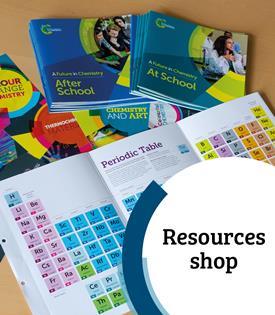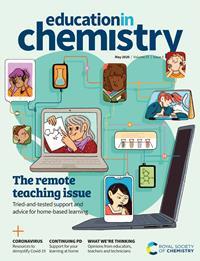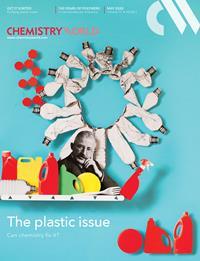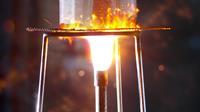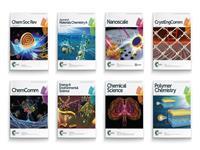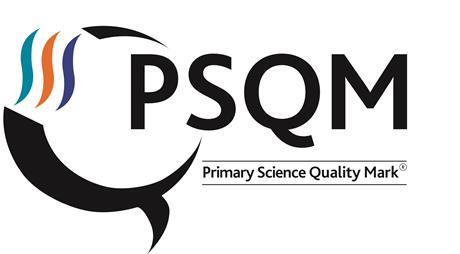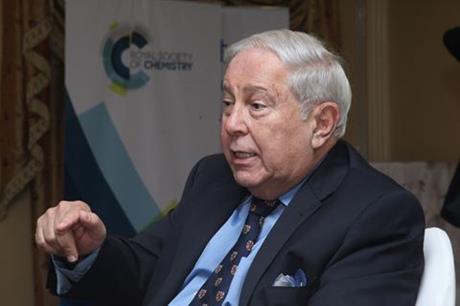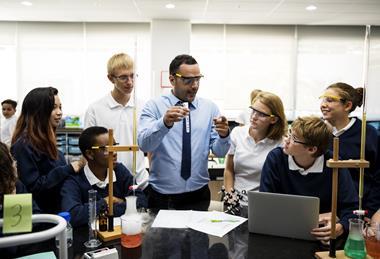Primary Science Quality Mark
The Primary Science Quality Mark (PSQM) is a well-known and respected national award programme that enables primary schools across the UK to evaluate, strengthen and celebrate their science provision.
The three types of award provided by PSQM are made to schools after a year-long programme of support and mentoring results in improved science learning experiences for pupils. So far, over 2,500 schools from across the UK have achieved a PSQM award.
We provide funding that allows hub leaders to offer additional CPD with grants of £500.





